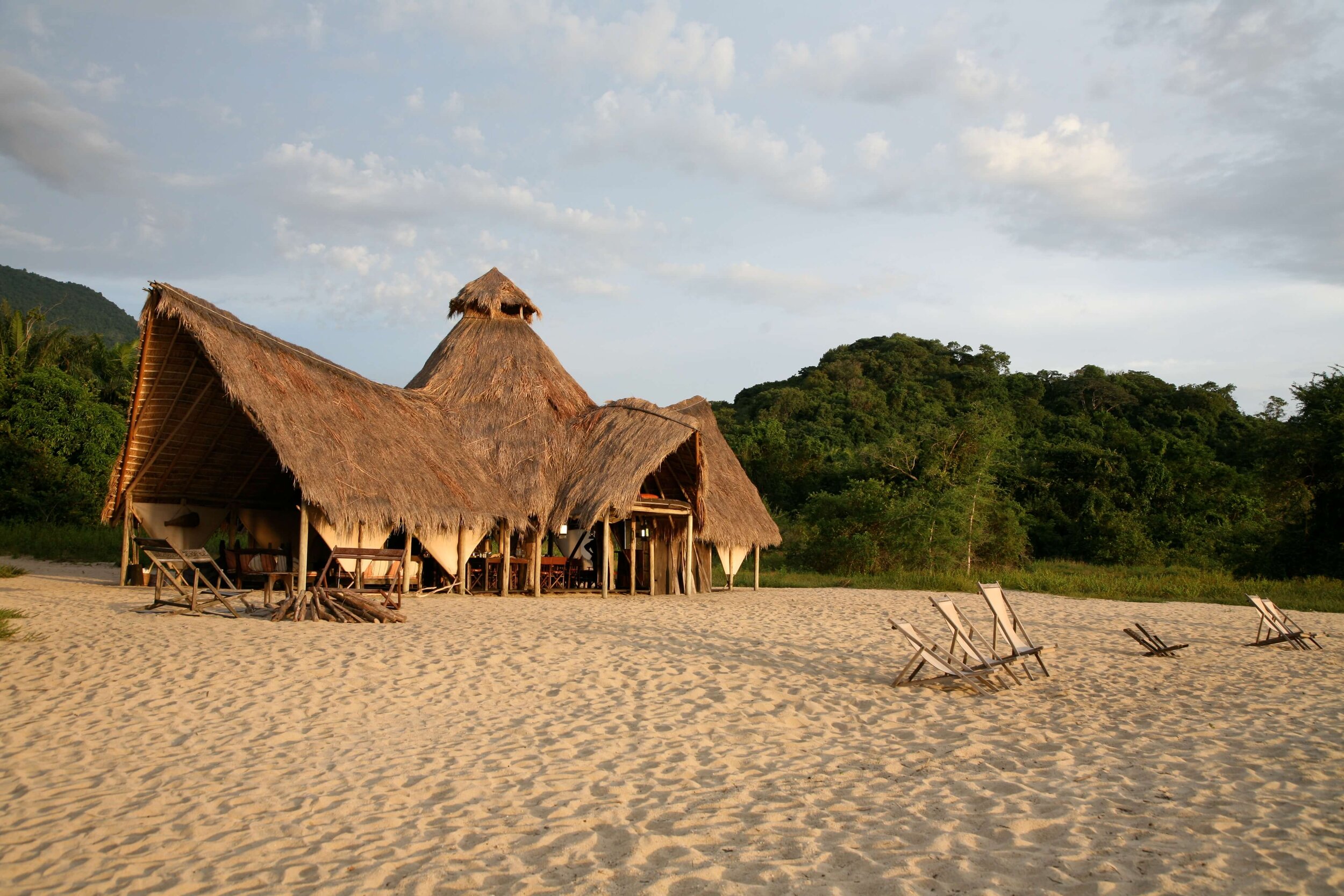
Ready to learn more?
Frequently Asked Questions
Where should I go on Safari?
There are wonderful safari experiences throughout East and Southern Africa, and we specialize in finding the perfect fit, avoiding crowds and making the most out of your time on safari. Tell us when you are free to travel and for how long, and we’ll provide suggestions to suit the season, your budget and your wish-list for a perfect safari.
What are the best times to visit each safari destination?
Botswana – Best from May to October for dry season safaris; November to April for lush landscapes and birdwatching.
Kenya and Tanzania – July to October for the Great Migration; January to March for calving season in the Serengeti.
Namibia – May to October for game viewing; November to April for dramatic desert scenery and photography.
Rwanda and Uganda – Year-round for gorilla trekking, but drier months (June–September, December–February) are preferable.
Zambia and Zimbabwe – June to October for the best wildlife sightings;
Victoria Falls is at its fullest from February to May but spectacular all year round.
Keep in mind, seasonality is less predicatable these days, and there are many benefits to traveling outside of Peak Season.
What types of safari activities are available in each country?
Botswana: Mokoro (canoe) safaris, mobile camping safaris, boating, exclusive lodge-based safaris.
Kenya and Tanzania: Traditional game drives, walking safaris, hot air balloon safaris.
Namibia: Self-drive safaris, scenic flying circuits, desert tours, cultural visits to Himba tribes.
Rwanda and Uganda: Gorilla and chimpanzee trekking safaris.
South Africa: Big Five safaris, bush walks, whale watching, malaria-free safaris.
Zambia and Zimbabwe: Walking safaris, river safaris on the Zambezi.
Do I need a visa to go on safari?
Most countries require a visa of some kind, and we provide instructions and documentation at the appropriate time:
Botswana: Visa-free for most Western travelers.
Kenya: eVisa required for most nationalities.
Tanzania: Visa on arrival or eVisa required.
Rwanda and Uganda: East Africa Tourist Visa available for multi-country travel.
Namibia, South Africa, Zambia, Zimbabwe: Varies by nationality.
What wildlife can I expect to see in each destination?
Botswana: Elephants, wild dogs, lions, leopards, cheetahs.
Kenya and Tanzania: Big Five, Great Migration, flamingos (Lake Nakuru).
Namibia: Desert-adapted elephants and rhinos, oryx, seals (Skeleton Coast).
Rwanda and Uganda: Mountain gorillas, chimpanzees, golden monkeys.
South Africa: Big Five, whales (Hermanus), penguins (Boulders Beach).
Zambia and Zimbabwe: Leopards (South Luangwa), elephants (Mana Pools).
Are there child-friendly safaris?
Absolutely! Best for families: South Africa (malaria-free reserves), Kenya (single-country and coultural), Zimbabwe (lots of activities.
Less suitable for young children: Gorilla trekking in Rwanda and Uganda (minimum age is 15).
Activity recommendations: Walking safaris for teens, junior ranger programs, behind-the-scenes experiences.
What is the price range for safaris in each destination?
There's such a huge range in every destination, broadly costs fall between $1,000-5,000 per person per night:
Most affordable: Uganda, Zimbabwe, Tanzania (standard lodges).
Mid-range: Kenya, Namibia, Zambia.
Luxury destinations: Botswana (Okavango Delta), South Africa (private reserves).
What cultural experiences can I have in each country?
Just being in the African bush with a caring local team is quite a cultural experience on it's own. Here's some other possibilities:
Kenya and Tanzania: Maasai and Samburu village visits
Namibia: Himba tribe encounters
Rwanda: Kigali Genocide Memorial and local community visits.
South Africa: Township tours, wine-tasting in the Cape Winelands.
Botswana: San Bushmen tracking experiences
What’s the weather? The best time to go?
Call us and we’ll give you specific suggestions. There are great safari options year-round even though May to October is generally considered peak season. However, for bird-lovers and to see newborn animals, butterflies and migratory birds, November to May can be superb, and you’ll enjoy lower rates. In terms of weather, we always advise guests to pack with layering in mind as you can easily have 4 seasons on any given day.
How fit do I need to be?
There’s a safari suitable for everyone; just tell us how active you prefer to be and we’ll find a perfect safari for you. We’ve designed safaris for climbers, daily runners, families with small children and travelers with limited mobility.
How’s the food?
Varied, delicious, prepared fresh daily and plentiful! It’s one of the elements of safari travel that is most impressive. Don’t expect to lose weight.
Are Safaris safe?
You may be safer on safari than at home. By their nature, safaris take you into remote places where dangers are mostly tied to the cycle of natural predation which generally doesn’t involve humans. Your guides and camp management will provide orientations and safety briefings specific to the camp and season, and we encourage all our guests to pay close attention to the rules and etiquette, so everyone can safely experience the wonders of being on safari. Most of the headlines you see regarding safari incidents are due to unscrupulous guides and/or poorly behaved guests. Sun screen, anti-malarials and common sense precautions can go a long way. Likely the only inconveniences you’ll encounter are dust or a delay to change a tire or allow a herd of wildebeest or elephants to meander across a track in front of you.
What shots and health precautions are required?
We encourage you to talk with your physician, but you’ll want to protect yourself against malaria and perhaps a few other health risks. Generally there’s little concern with food or water-borne disease. A yellow fever vaccine or waiver is required on some itineraries, and we’ll specify those entry requirements as part of our pre-departure process. Read the full Next Adventure Health Bulletin.
Where will we sleep?
Options may include an open-air sleepout under a halo of stars on a sky bed in the desert or in a plush bed beneath a romantic swath of mosquito netting or on a comfy cot in a tent where canvas separates you from the African night. We carefully select properties based on location, activities, amenities and service and can offer you choices ranging from a safari lodge to a permanent tented camp to a mobile camping experience.
Can I drink the water?
Your camp staff will discuss drinking water during your orientation to the camp upon arrival. A carafe of drinking water if the tap water isn’t appropriate. There’s plenty of other options such as gin and tonic, local wine and beer. You won’t go thirsty.
What should I take with me?
As part of our bound pre-departure dossier, we outline detailed packing guidelines along with a packing checklist, but generally we recommend that you take as little as possible on safari; you’ll only need comfortable, casual clothing and shoes along with a relaxed attitude. You’ll find your guides and camp staff to be welcoming, kind and courteous (particularly to anyone older than them) so please bring a spirit of openness and curiosity.
Insects & other creepie crawlies?
Perhaps surprisingly, bugs are rarely an issue on safari. There are some areas and some seasons where bugs can be more of an issue, and we do our best to avoid those concentrations. Pests and snakes are rarely seen especially during the cooler winter months. Generally insects are fewer than you expect, and those you see may be fascinating. Have you ever seen a dung beetle rolling elephant dung up a slope?
How much are the safari camps?
Good quality safari camps start arout $800-$1500+ per person per night depending on destination, plus park fees and light air.
The biggest factor in determining the cost of specific safari camps is the degree of access, exclusivity and wildlife desinty. Relatively simple accommodations in great areas can command higher rates than luxurious accommodations in quieter areas.
Once you determine the area and season, quality is key, and we’re looking for camps and outfitters with responsible high quality guides and excellent vehicles. The amenities, dining standard and service ranges from simple comfort to the finest luxury depending on your taste.
The trick is sorting them out and stitching them together in just the right way. Give us an idea of what’s essential to you, and we’ll help find the perfect fit.
Can I take my electronics? How do I charge them?
Yes, but please leave as many behind as possible so you can get away from it all! A good camera and binos are what you’ll have time for as your days will be action-packed from morning to night and not with virtual reality! Batteries may be charged easily either in vehicles and in camp, and we outline the necessary adapters and other tips in our pre-departure packet.
Travel documents?
We’ll advise you of the latest requirements for the countries you’ll visit but your passport should be current and good for 6 months beyond your travel dates. You’ll need blank pages for visas which often may be acquired on entry at a reasonable fee. A yellow fever vaccine or waiver is required on some itineraries, and we’ll specify those entry requirements as part of our pre-departure process.
When do I have to book? How far in advance?
We are generally working on trips between 2 months and 2 years in advance of travel, and most often we are booking 9-12 months out. If you have a specific camp or lodge in mind, book it a year ahead or more to get just what you want. If using frequent flyer miles for your international flights, a long lead time may be necessary. With some flexibility, we can usually find a superb safari on short notice.
How do you work?
We work tirelessly to ensure you get the safari that’s best for you! We work on a commission basis and sell packages that are comparable to published rack rates, very likely saving you money by choosing the best options and most efficient logistics for your safari. More importantly, we streamline the planning process from start to finish, we’re an expert, personal resource leading up to your departure, and you have the added benefit of our trusted local partners being available to you and monitoring your travels on the ground. Please have a look at Planning Your Safari for more about our process and all the fine print.
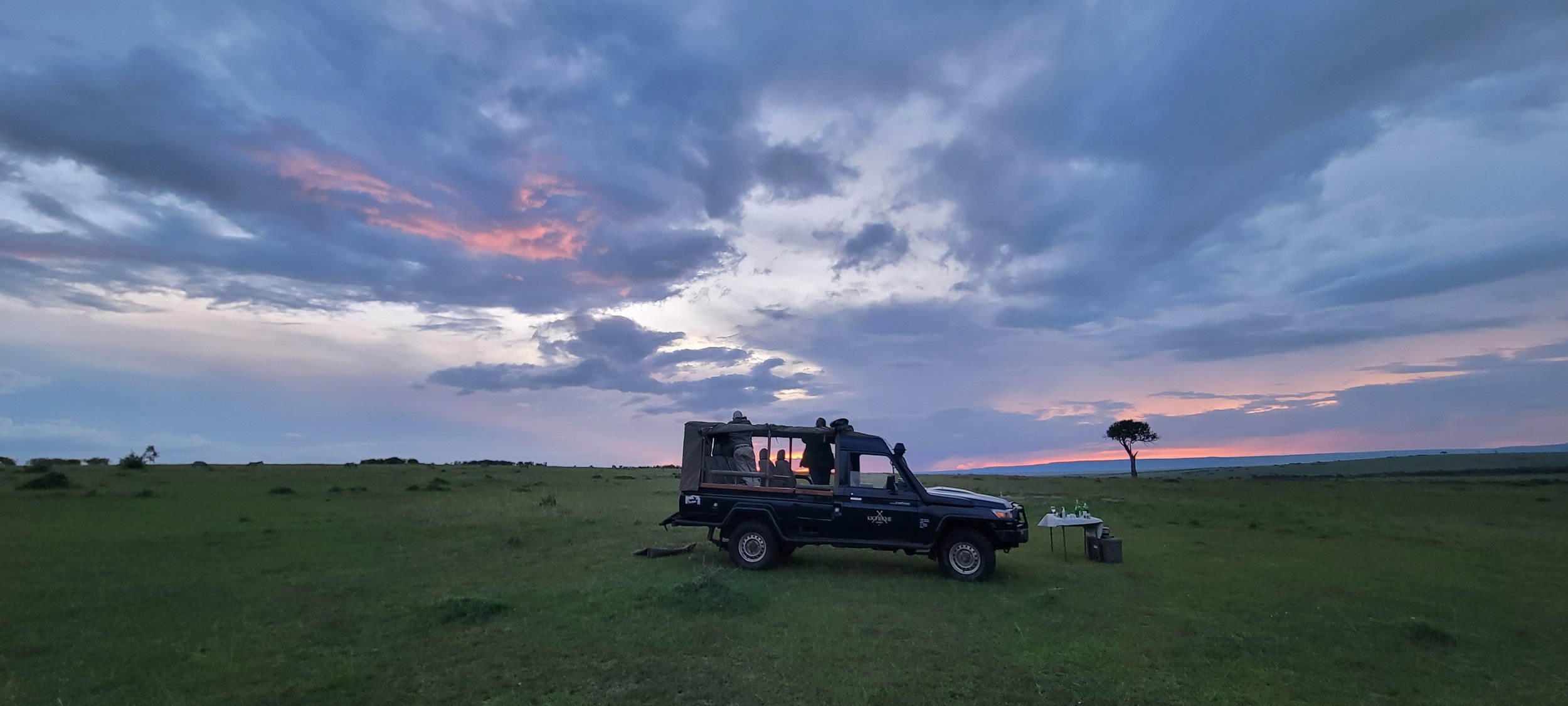
Planning Your Safari
Consultation
We get to know you, your preferences and interests and how you envision your safari experience.
Confirmation
We sort through a myriad of options to pair you with the best possible routing, services and accommodations.
Pre-Departure
We prepare a comprehensive, bound dossier that includes everything you'll need in anticipation of your safari.
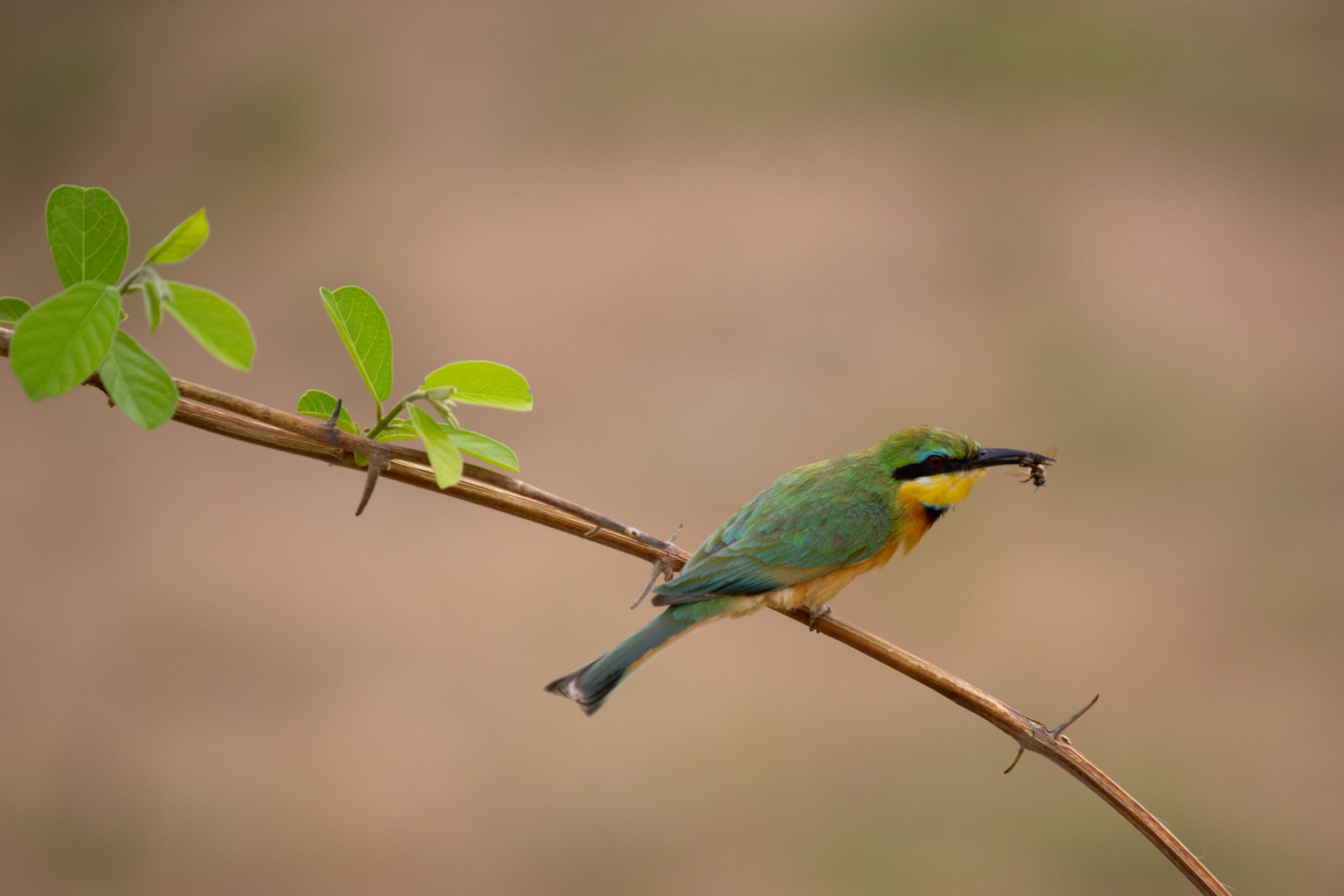
Safari Styles
As seasoned safari experts, we at Next Adventure have recent personal experience and long-term relationships in the areas you’d like to visit. We’re here to get to know you and sort through the possibilities, so we can connect you with the services, guides and accommodations that will be a perfect fit.

Next Adventure is with you every step of the way from choosing destinations and lining up the perfect itinerary to making sure you are as prepared as possible for your trip of a lifetime!
You don’t need a whole new wardrobe to go on safari, but it is fun to look the part.
Packing and Preparing
We have seen travel insurance come to the rescue. We strongly recommend carrying a comprehensive travel insurance policy to protect your financial investment and ensure you have sufficient emergency evacuation and medical coverage as well as coverage for trip interruption, missed connections and lost luggage.
If you are a U.S. resident, we can help you arrange insurance based on your itinerary and personal requirements.
Travel Insurance
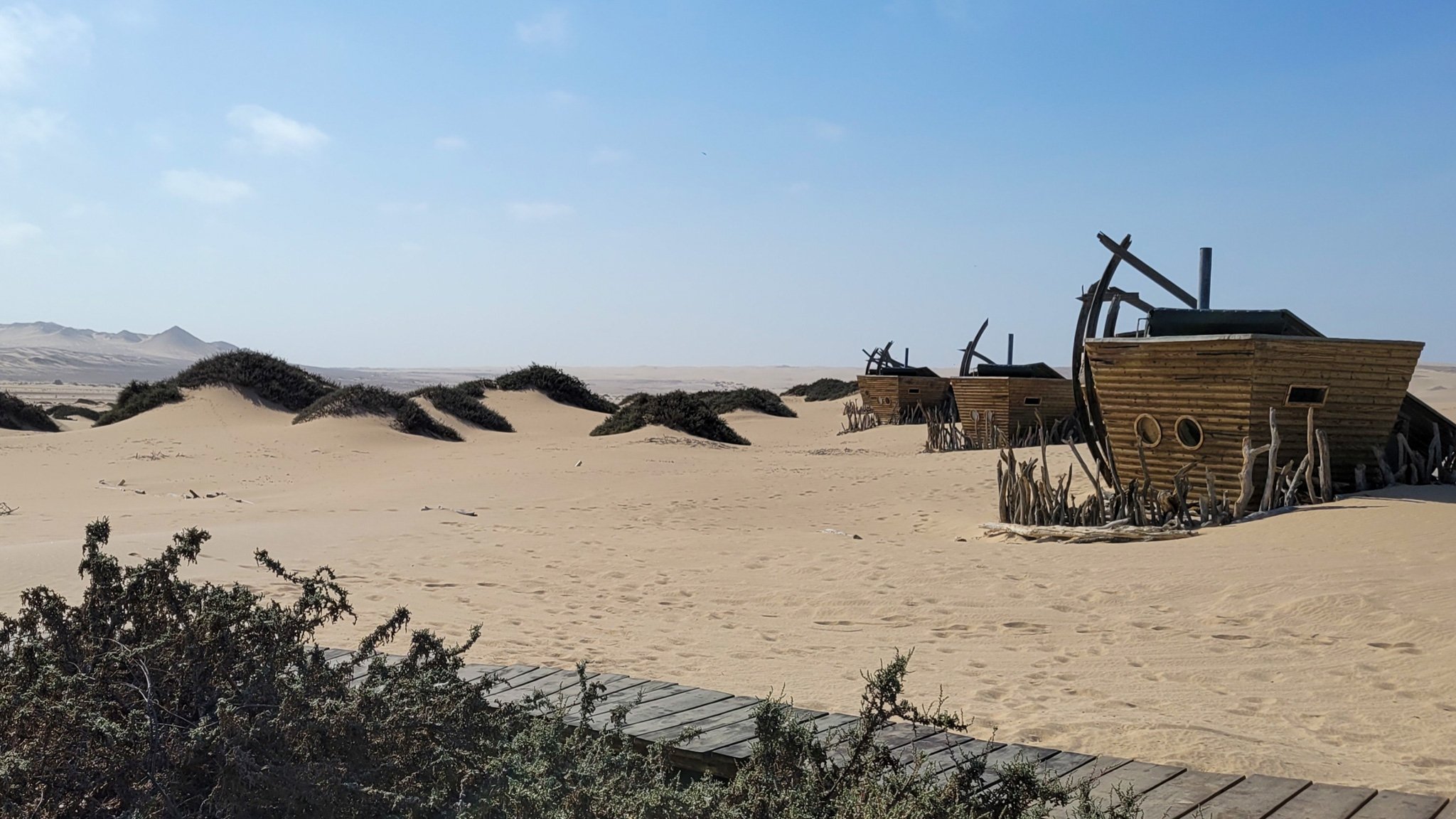













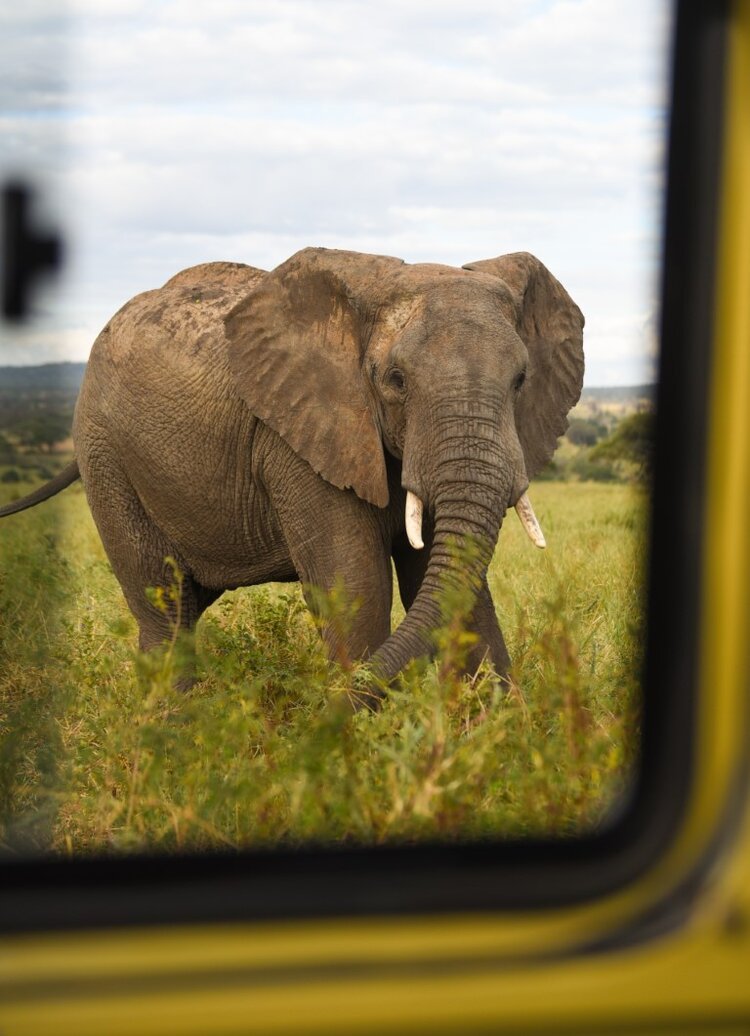
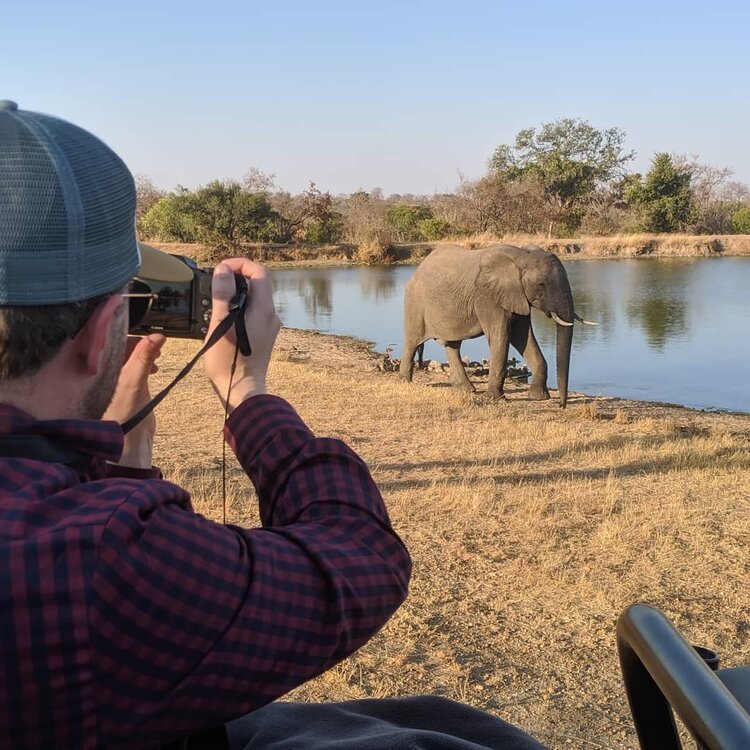





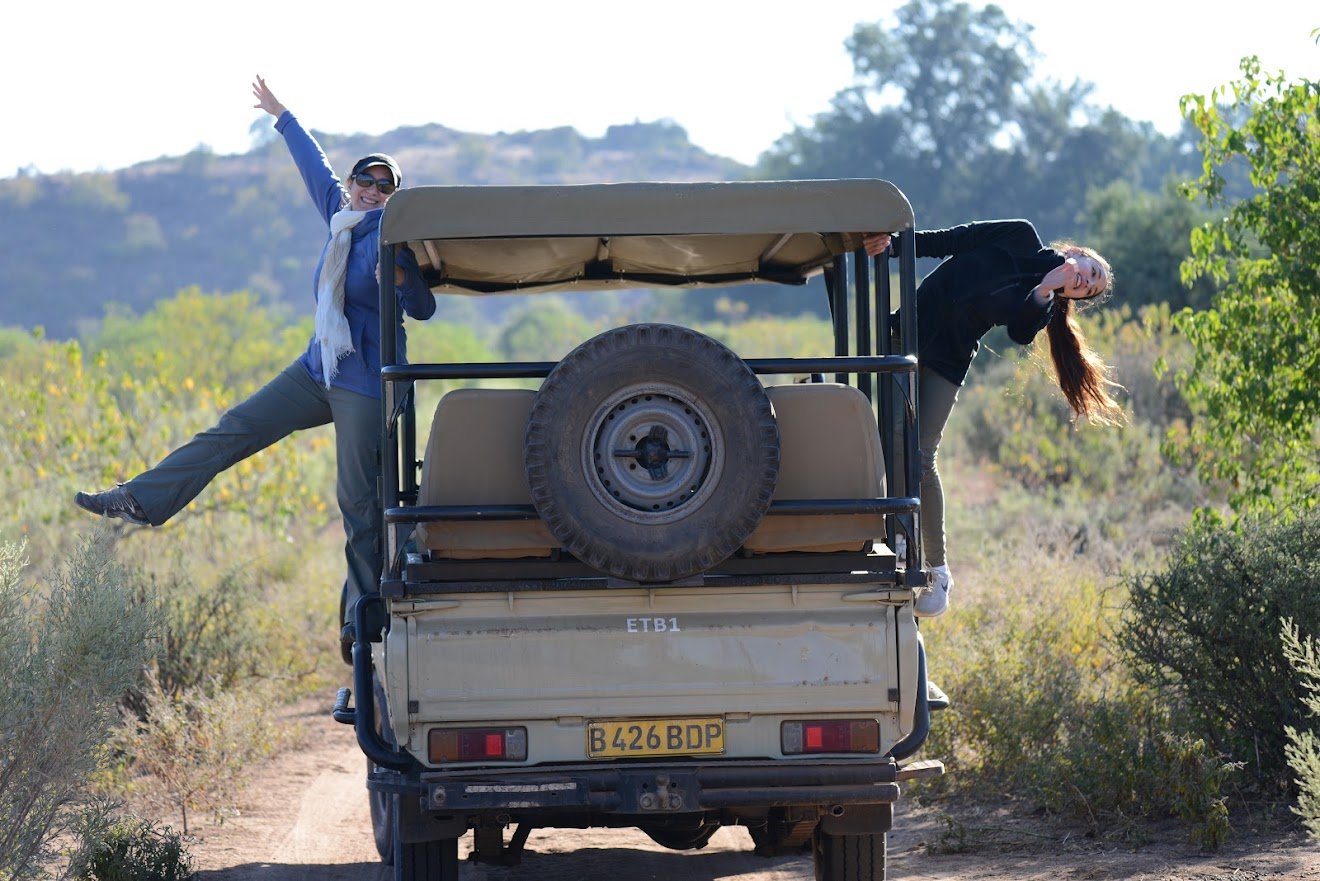

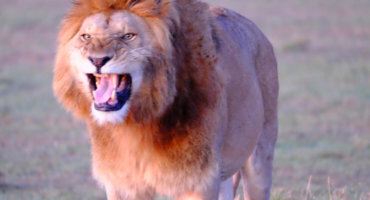
Glenn and Karen have an insatiable curiosity for unique animals, diverse landscapes and getting off the beaten path. Few people have seen the variety of wildlife that Glenn and Karen have seen over the course of dozens of safaris.